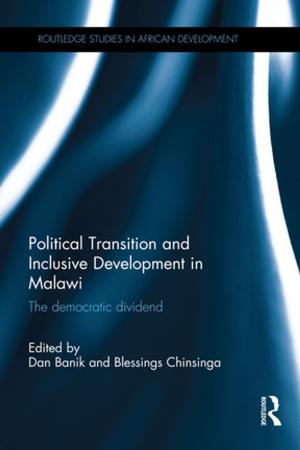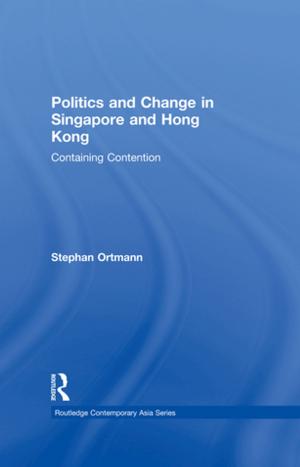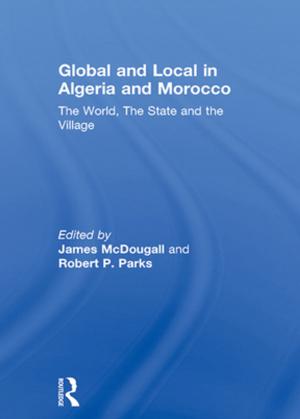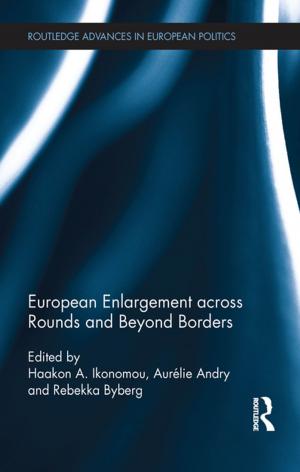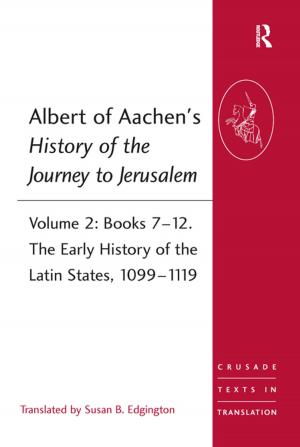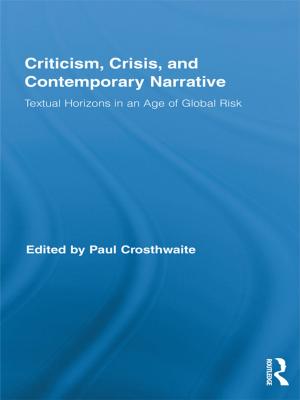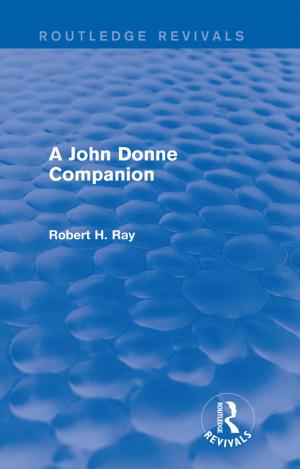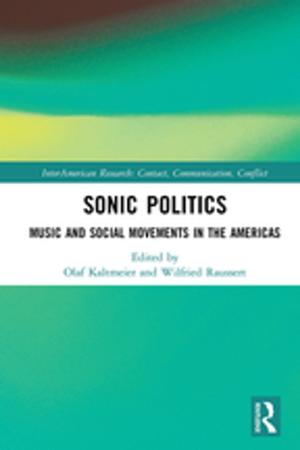The Indigenous and the Foreign in Christian Ethiopian Art
On Portuguese-Ethiopian Contacts in the 16th–17th Centuries
Nonfiction, History| Author: | Isabel Boavida | ISBN: | 9781351887779 |
| Publisher: | Taylor and Francis | Publication: | March 2, 2017 |
| Imprint: | Routledge | Language: | English |
| Author: | Isabel Boavida |
| ISBN: | 9781351887779 |
| Publisher: | Taylor and Francis |
| Publication: | March 2, 2017 |
| Imprint: | Routledge |
| Language: | English |
In the rural plateaux of northern Ethiopia, one can still find scattered ruins of monumental buildings that are evidently alien to the country's ancient architectural tradition. This little-known and rarely studied architectural heritage is a silent witness to a fascinating if equivocal cultural encounter that took place in the 16th-17th centuries between Catholic Europeans and Orthodox Ethiopians. The Indigenous and the Foreign in Christian Ethiopian Art presents a selection of papers derived from the 5th Conference on the History of Ethiopian Art, which for the first time systematically approached this heritage. The book explores the enduring impact of this encounter on the artistic, religious and political life of Ethiopia, an impact that has not been readily acknowledged, not least because the public conversion of the early 17th-century Emperor Susïnyus to Catholicism resulted in a bloody civil war shrouded in religious intolerance. Bringing together work by key researchers in the field, these studies open up a particularly rich period in the history of Ethiopia and cast new light on the complexities of cultural and religious (mis)encounters between Africa and Europe.
In the rural plateaux of northern Ethiopia, one can still find scattered ruins of monumental buildings that are evidently alien to the country's ancient architectural tradition. This little-known and rarely studied architectural heritage is a silent witness to a fascinating if equivocal cultural encounter that took place in the 16th-17th centuries between Catholic Europeans and Orthodox Ethiopians. The Indigenous and the Foreign in Christian Ethiopian Art presents a selection of papers derived from the 5th Conference on the History of Ethiopian Art, which for the first time systematically approached this heritage. The book explores the enduring impact of this encounter on the artistic, religious and political life of Ethiopia, an impact that has not been readily acknowledged, not least because the public conversion of the early 17th-century Emperor Susïnyus to Catholicism resulted in a bloody civil war shrouded in religious intolerance. Bringing together work by key researchers in the field, these studies open up a particularly rich period in the history of Ethiopia and cast new light on the complexities of cultural and religious (mis)encounters between Africa and Europe.

